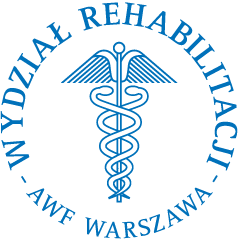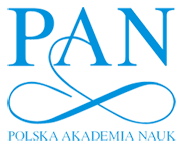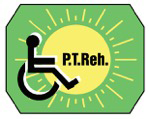


|
Current issue
Archive
Manuscripts accepted
About the journal
Editorial board
Reviewers
Abstracting and indexing
Contact
Instructions for authors
Publication charge
Ethical standards and procedures
Editorial System
Submit your Manuscript
|
4/2020
vol. 34 abstract:
Original paper
The effects of differences in sleep quality and quantity on VO2max levels
Nia Sri Ramania
1
,
Tommy Apriantono
1
,
Bagus Winata
1
Advances in Rehabilitation, 2020, 34(4), 11–17
Online publish date: 2020/11/25
View
full text
Get citation
ENW EndNote
BIB JabRef, Mendeley
RIS Papers, Reference Manager, RefWorks, Zotero
AMA
APA
Chicago
Harvard
MLA
Vancouver
Introduction
Sleep quality and quantity are factors that affect one's cardiorespiratory fitness (CRF). Therefore, this study aims to compare the effects of different sleep quality and quantity on VO2max levels. Material and methods 64 participants were involved in this study, and they were divided into two groups based on their sleep quality and quantity. This division was determined by employing sleep pattern questionnaires. Group 1 was comprised of 32 participants with good sleep quality. Generally, they only slept for 6 hours, however, their sleep quality was very good. On the contrary, group 2 consisted of 32 participants with poor sleep quality, irrespective of the fact that their sleep durations were around 7 hours, which is longer than group 1. All participants went through a series of pretest sessions for one week to determine their average heart rate (HR) before and after sleep. Furthermore, they underwent experimental sessions which required them to participate in the cooper 2.4km test to determine their VO2max levels. Results The results show a significant difference in participants' VO2max levels, with the average in group 1 being higher than in group 2 (F = 5.853) (p = 0.018). This result was obtained from statistical tests using a one-way ANOVA. Conclusions This study indicates that having good quality sleep for 6 hours plays a crucial role in maintaining and increasing CRF. keywords:
recovery, student, exercise training, training load, recreational sport |
    |